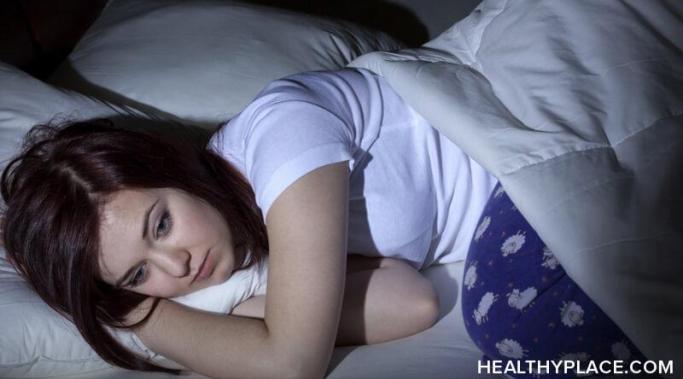Blogs
You can reduce anxiety at home by creating a calming space that's easy to get to and helps you to relax.
Recently, my home state proposed a bill that would have banned conversion therapy for lesbian, gay, bisexual, and transgender (LGBT) youth. Although the bill didn't pass, it created greater awareness for how damaging conversion therapy can be to a person's mental health, especially for teenagers. So many young queer people are coerced into therapy that they believe will "cure" them of something that wasn't harming them to begin with. And because people's gender identity or sexual orientation is such an inherent part of who they are, conversion therapy can lead to serious mental health issues and perpetuate gay discrimination.
In the addiction recovery community, you’ll hear talk of addicts hitting “rock bottom” before they finally got clean and sober. There are even people in recovery who believe that addicts have to hit rock bottom before getting better. They believe that addicts and alcoholics have to reach the lowest point in their lives due to their addictions to be motivated to get sober. Often, hitting rock bottom is associated with the loss of jobs, homes, relationships, and health. And it’s true, many people who suffer from addiction do lose those things before they finally get help. But do addicts really have to hit rock bottom to get clean?
My name is Miranda Card and I’m excited to join the HealthyPlace team as a writer for "Relationships and Mental Illness." Many of my experiences with mental illness stem from a lifelong struggle with chronic illness, a disease known as Behcet’s. Only now, at 24, am I beginning to understand the trauma of my diagnosis. I am only now beginning to acknowledge that my illness has symptoms beyond the physical; it has ravaged my relationship with food and birthed disordered eating; it inspires anxiety that affects my decisions in life; the depression that comes with my medication often wreaks havoc on my relationships. Discussing these things in writing never occurred to me before because these “mental symptoms” have always been a source of shame and denial. But someone told me recently to write about what scares you, so here I am.
Bad habits--they're pesky little things, aren't they? I imagine just reading the phrase makes you picture one of yours. Maybe your bad habit is biting your nails, or not responding to texts, or leaving the dishes in the sink. It's the thing you do that deep down, you know you don't like. But sometimes our bad habits aren't just small annoyances. Sometimes they burrow into our identity and affect our ability to build self-esteem. When bad habits affect self-esteem, what do we do?
My dad has always been there for me. Always. He's been there since the day I was born up until now, before and after my diagnosis of schizoaffective disorder. He even whispered, “I’ll always be here for you” in my ear before he gave me away at my wedding. Not only has he always been there for me, but watching him battle his own personal demons has been inspirational for me.
If you have high expectations for yourself, chances are those expectations are causing at least part of your anxiety. When we expect too much of ourselves, we push ourselves to "do" beyond what the human brain and body are supposed to be reasonably capable of. Maybe we sleep less. Or don't take the time to prepare and sit down to a healthy meal. Exercise might go by the wayside, and who has time to relax and read or enjoy a hobby? Sacrificing physically and mentally healthy living to meet demands and high expectations can cause significant anxiety and stress.
While we likely won't experience all the symptoms of depression, we will certainly experience some recurring symptoms; therefore, we will need a plan for coping with these symptoms of depression. What are some recurring depression symptoms to be on the lookout for? How can we build coping skills to help us navigate through these hard times?
You can regulate your emotions and better respond to distress through dialectical behavior therapy (DBT) skills training. Dialectical behavior therapy emotional regulation skills have proven to be especially effective in people struggling with self-harm and other self-destructive, maladaptive behavior.
Emotional resilience is very important to a person's wellbeing. It is a way to describe how well you mentally bounce back from upsetting situations and events. Resilience can be crucial in mental illness recovery where stress can aggravate symptoms. Being able to better handle stress improves stability.









